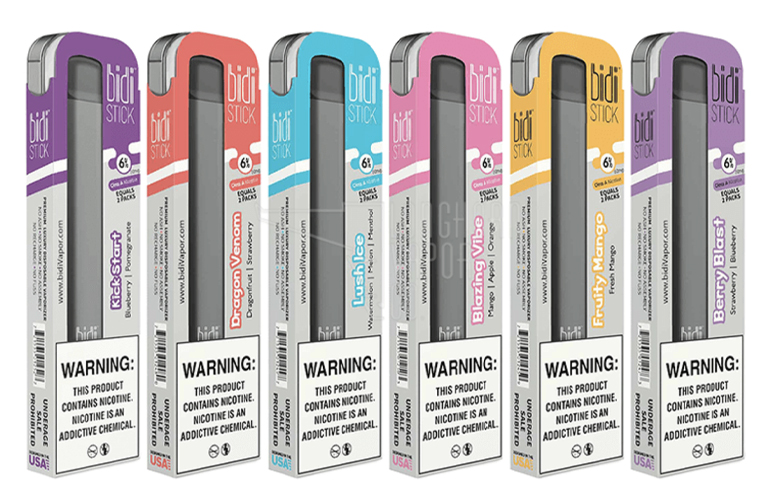
Vietnam’s health ministry has proposed a ban on next-generation tobacco products (NGPs), reports VN Express International. the country’s current law on tobacco harm prevention lacks provisions for e-cigarettes and heated tobacco products.
According to Tran Thi Trang, deputy head of the Ministry of Health’s legislation department, a trial allowing the distribution of NGPs revealed potential negative impacts, including on youth behavior.
The percentage of people using e-cigarettes in Vietnam increased to 3.6 percent from 0.2 percent during 2015-2020, according to the health ministry.
With 15.6 million smokers, Vietnam ranks 15th in the world in terms of combustible cigarette users, the Legal Affairs Department at the Ministry of Information and Communications said. People in Vietnam spend an estimated at VND49trillion ($2 billion) per year.


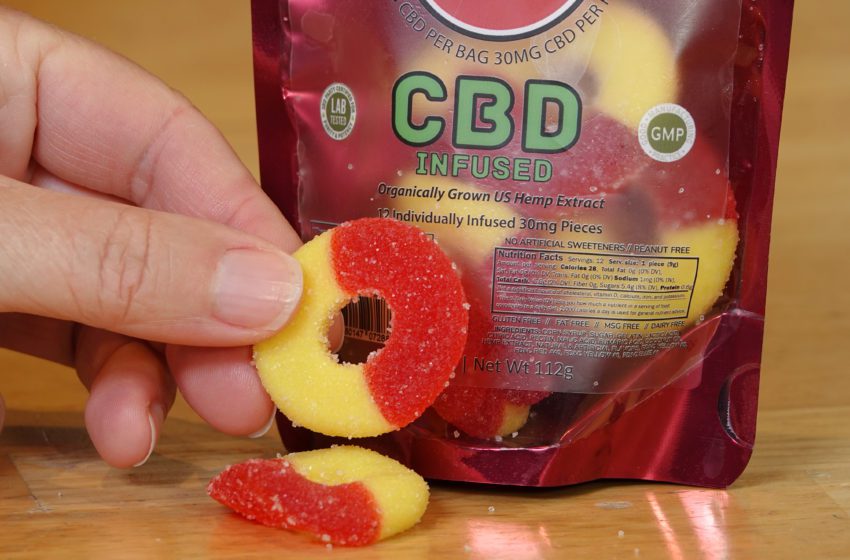
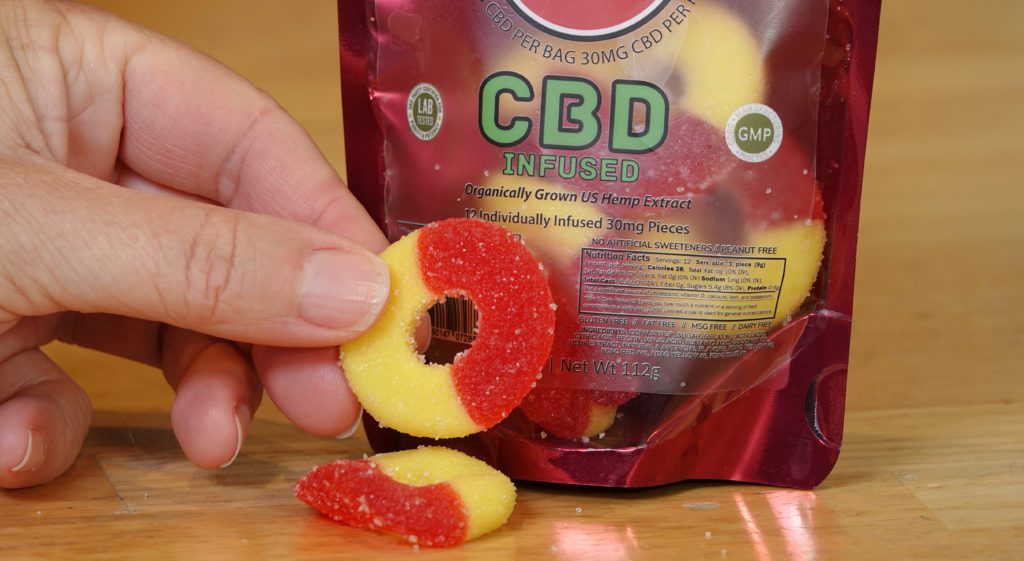
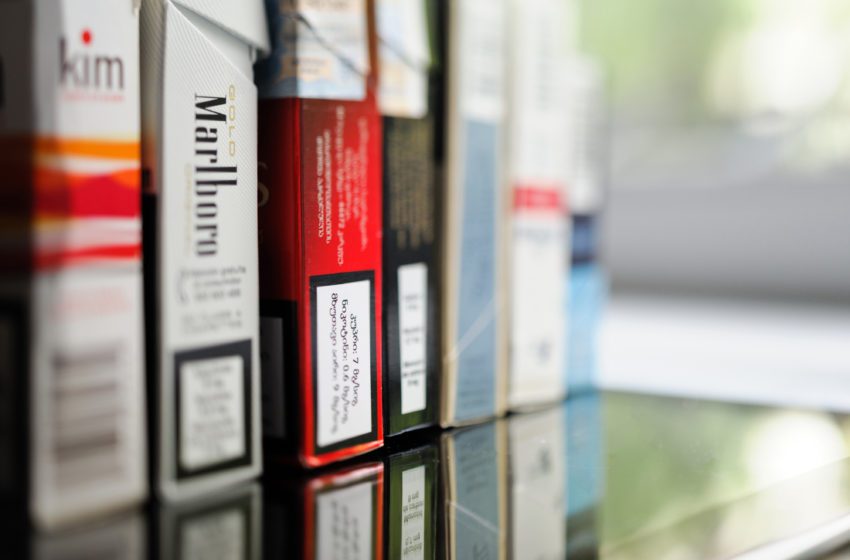
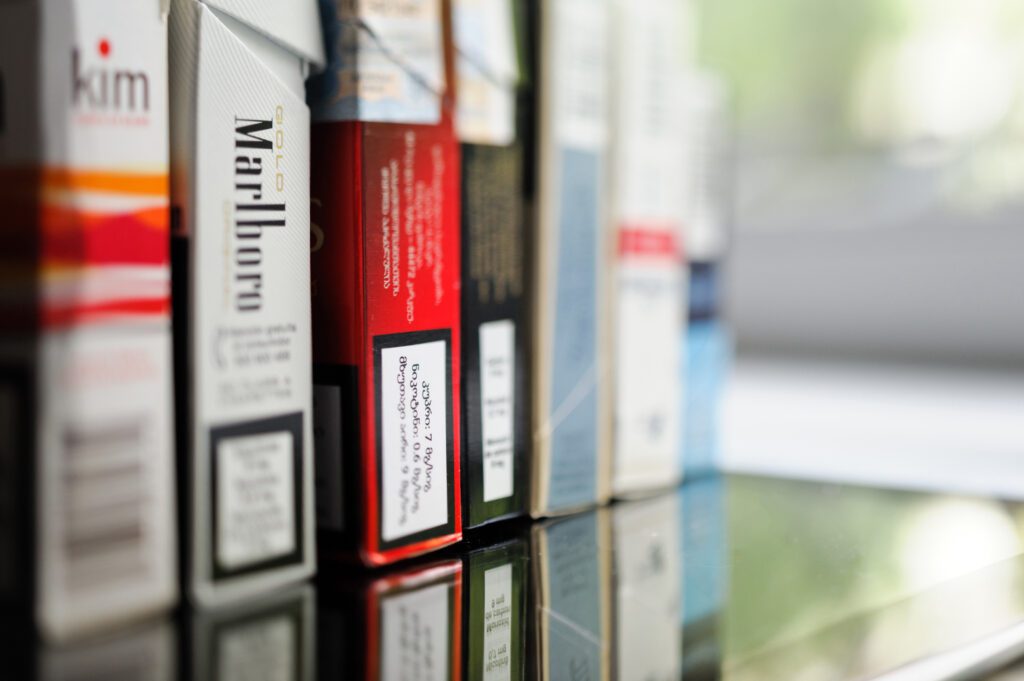


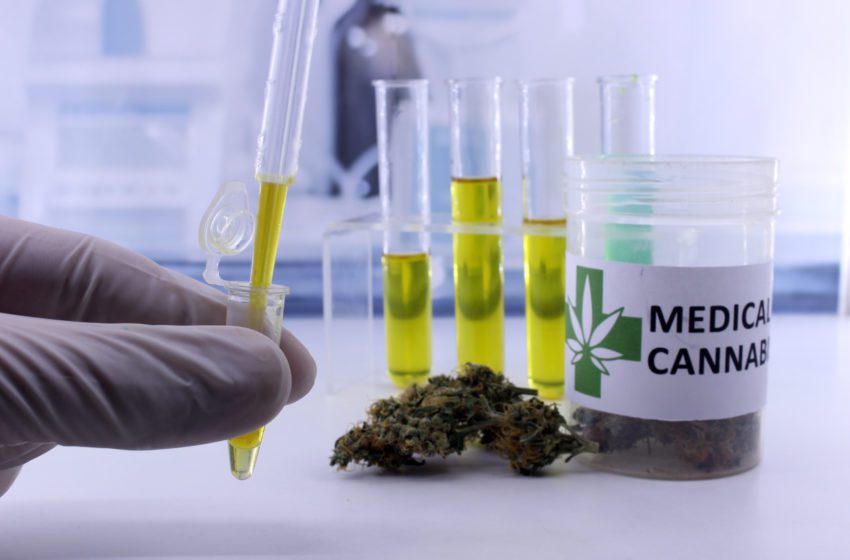
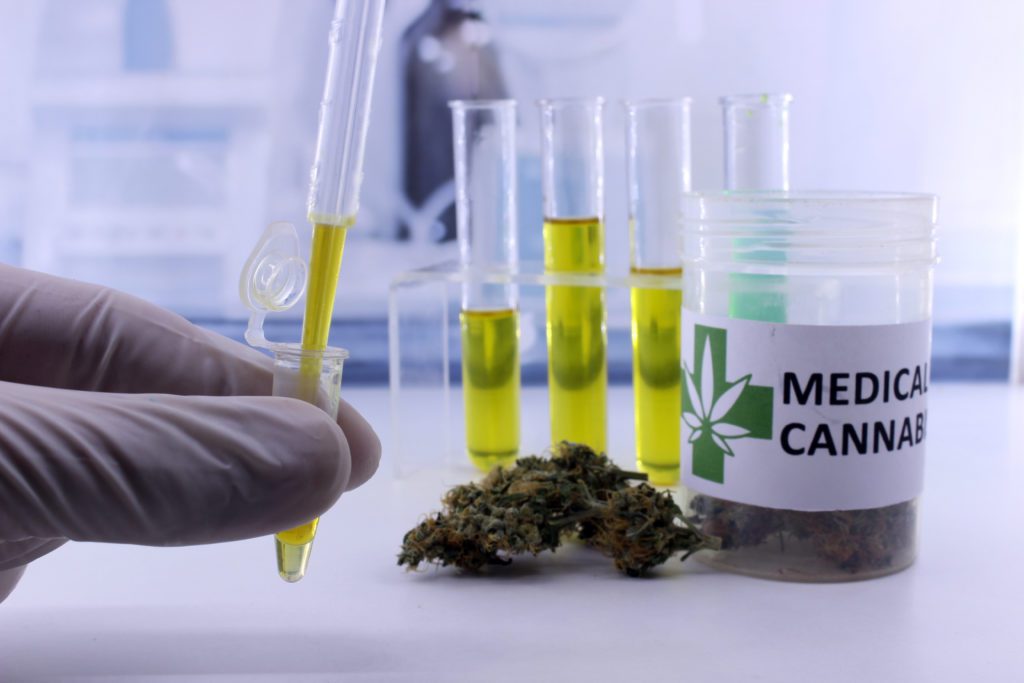
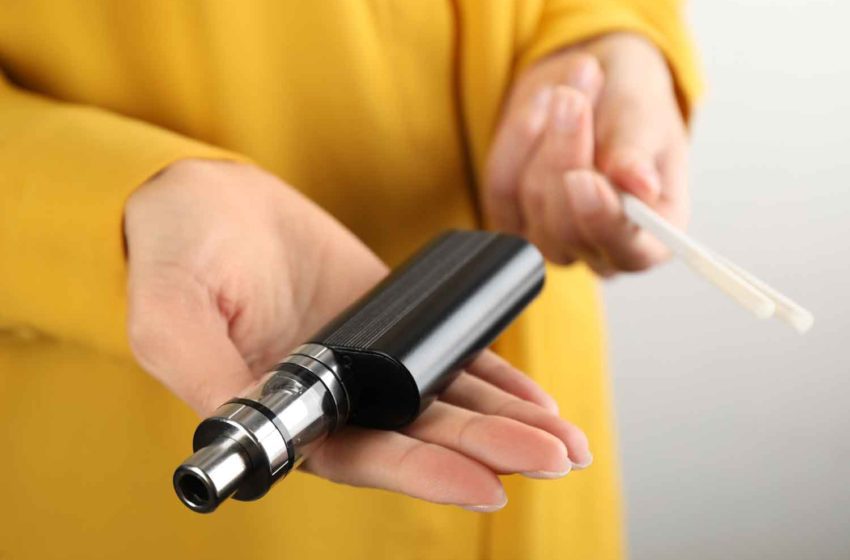
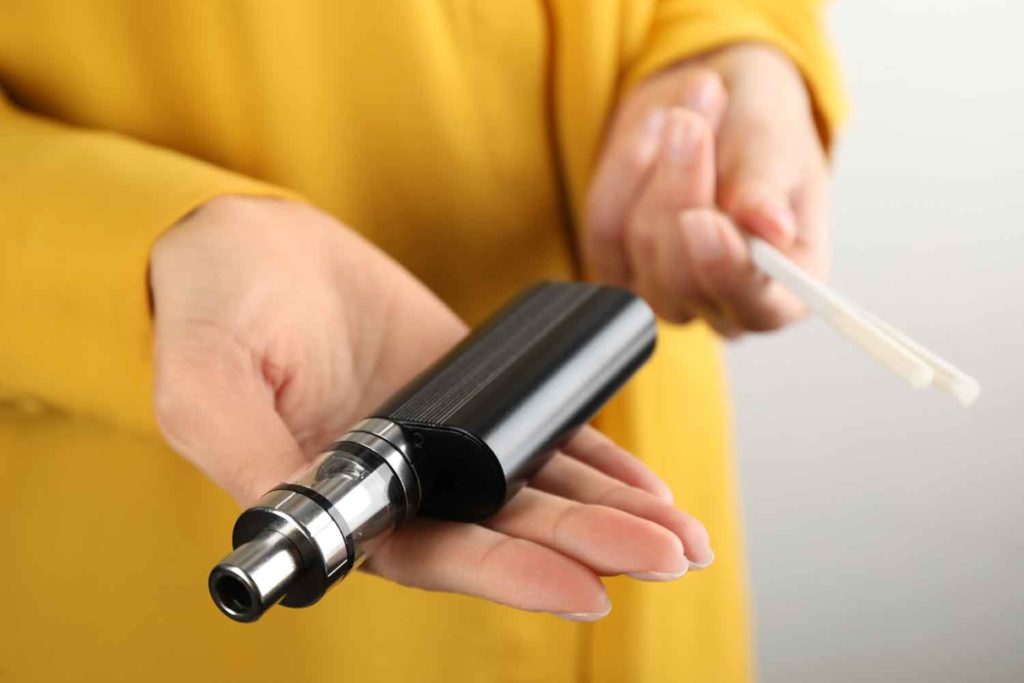

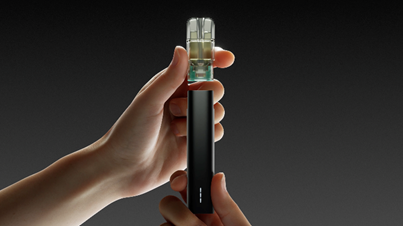
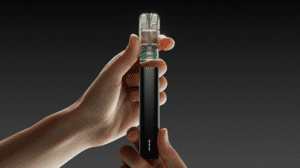 Snowplus has obtained a
Snowplus has obtained a 


